AT&T and Verizon pay less than $1 million to settle FCC 911 outage investigations
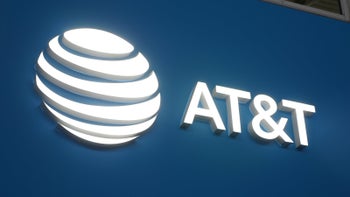
Cellular outages aren’t that uncommon among US carriers and while they certainly affect our main way for communication, there’s another aspect affected by these outages: the ability to call 911.
When that happens and carriers don’t handle things properly, FCC (Federal Communications Commission) kicks off investigations that often times lead to huge fines for those guilty of preventing people from calling 911.
AT&T and Verizon were in the middle of such investigations by the FCC for outages that affected 911 calls back in 2020. Today, FCC announced that both carriers agreed to settle their investigations related to outages on September 28, 2020, and May 7, 2020, respectively.
"The most important phone call you ever make may be a call to 911. Sunny day outages can be especially troubling because they occur when the public and 911 call centers least expect it. It’s vital that phone companies prevent these outages wherever possible and provide prompt and sufficient notification to 911 call centers when they do occur," said FCC chairwoman Jessica Rosenworcel.
When that happens and carriers don’t handle things properly, FCC (Federal Communications Commission) kicks off investigations that often times lead to huge fines for those guilty of preventing people from calling 911.
"The most important phone call you ever make may be a call to 911. Sunny day outages can be especially troubling because they occur when the public and 911 call centers least expect it. It’s vital that phone companies prevent these outages wherever possible and provide prompt and sufficient notification to 911 call centers when they do occur," said FCC chairwoman Jessica Rosenworcel.
Verizon got away easy with a very small settlement of just $274,000, whereas AT&T will pay $460,000 to settle two investigations. There were two other companies that also paid settlements related to similar outage investigations, Century Link, formerly known as Lumen Technologies, and Intrado, which will pay $3.8 million and $1.75 million, respectively.

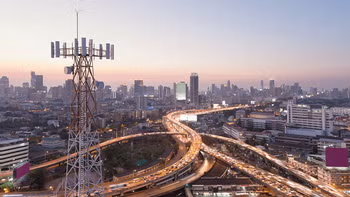
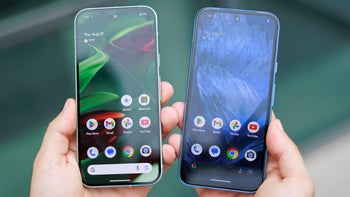
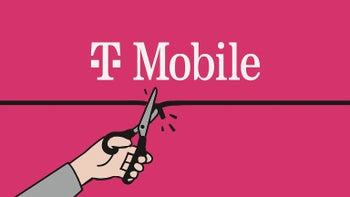
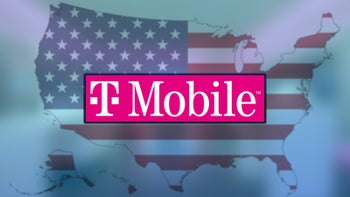
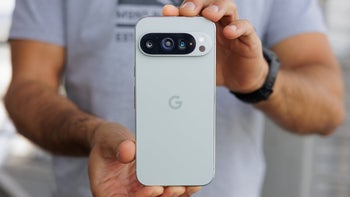
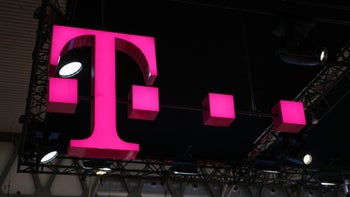
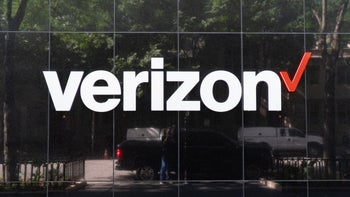
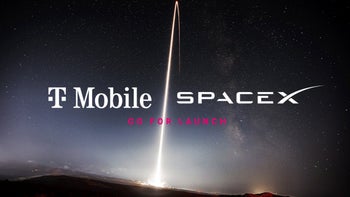
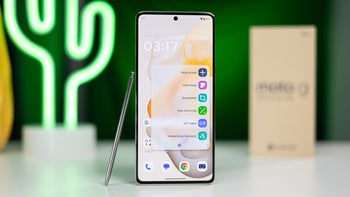
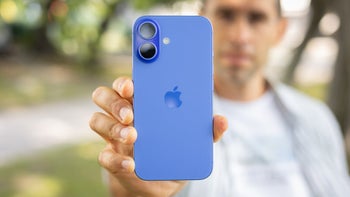
Things that are NOT allowed: